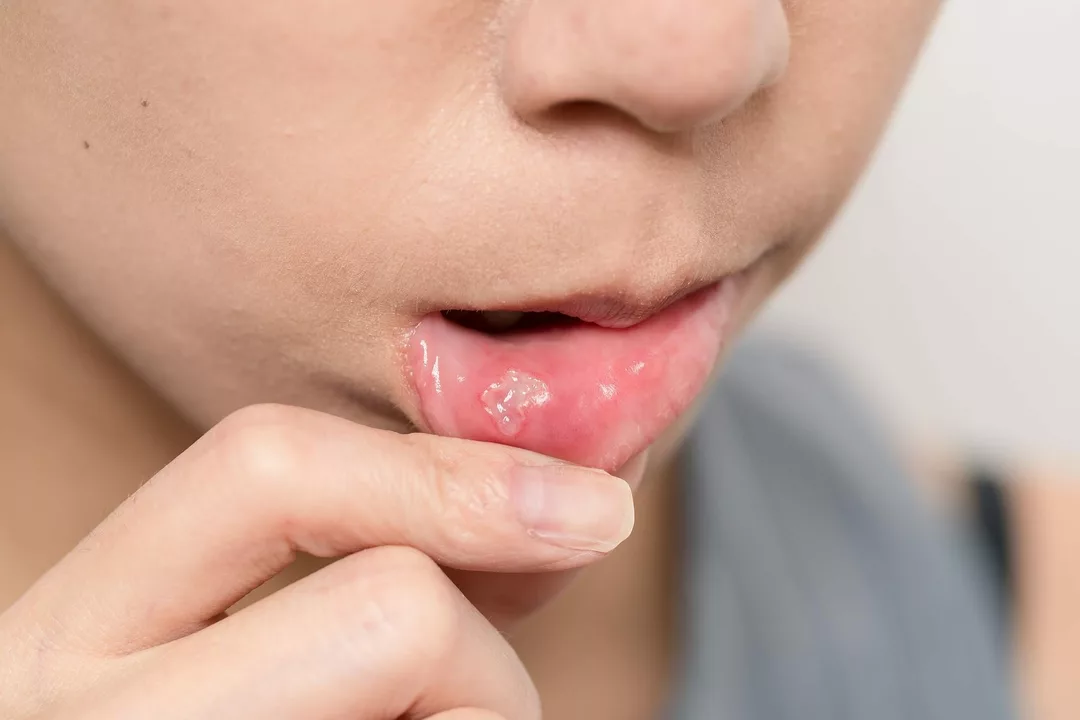If your mouth hurts, it’s hard to focus on anything else. The good news is most oral pain has an easy fix or at least something you can do right now to feel better. Below we break down why the ache happens, what you can try at home, and when it’s time to call a professional.
Tooth decay is the #1 culprit – cavities create tiny holes that let bacteria irritate nerves. Gum disease is next; inflamed gums pull away from teeth and expose sensitive roots. A cracked tooth, a loose filling, or even grinding your teeth at night can send sharp spikes of pain through the jaw.
Don’t forget non‑dental sources. An ear infection, sinus pressure, or a sore throat can feel like it’s coming from your mouth. Acidic foods, cold drinks, or a recent dental cleaning might also cause temporary soreness.
Start with a salt‑water rinse: dissolve half a teaspoon of salt in warm water and swish for 30 seconds. It reduces inflammation and cleans out debris. If you have swelling, apply a cold pack wrapped in a towel for 15 minutes on the cheek.
Over‑the‑counter pain relievers like ibuprofen or acetaminophen work well for most mild to moderate aches. Follow the label dosage and avoid taking both together unless advised by a pharmacist.
For tooth sensitivity, try a toothpaste made for sensitive teeth. It contains compounds that block transmission of pain signals to the nerve. Use it twice daily for best results.
If you suspect a cavity or cracked tooth, place a piece of sugar‑free chewing gum over the spot until you can see a dentist. The gum can protect the exposed area from food and reduce pressure.
Any pain that lasts more than two days, gets worse, or is accompanied by fever should be checked out. Same goes for a throbbing ache that wakes you up at night, a loose tooth, or bleeding gums that won’t stop.
If you notice pus, swelling that spreads to the face, or trouble swallowing, treat it as an emergency. These signs could mean an infection is spreading and needs prompt attention.
Brush twice a day with fluoride toothpaste and floss daily – this removes plaque before it turns into decay. Cut back on sugary drinks and snacks, especially between meals. Schedule regular check‑ups every six months. A quick cleaning can catch problems early when they’re easiest to treat.
Consider a night guard if you grind your teeth while sleeping. It’s an inexpensive way to protect enamel and stop jaw pain before it starts.
Stay hydrated, chew sugar‑free gum after meals, and avoid biting hard objects like pens or ice. Small habits add up to big relief over time.
Oral pain is annoying, but most of the time you can manage it yourself or get fast help from a dentist. Use these tips to keep your mouth comfortable and healthy.

As a blogger, I recently explored the use of Acyclovir for Herpetic Gingivostomatitis, a viral infection that causes painful sores and inflammation in the mouth. I found out that Acyclovir is an effective antiviral medication that helps reduce the severity and duration of the symptoms. It's especially useful for children and people with weakened immune systems. However, it's essential to start the treatment early and follow the prescribed dosage to maximize its effectiveness. Overall, Acyclovir has proven to be a valuable tool in easing oral pain and discomfort caused by Herpetic Gingivostomatitis.
View more